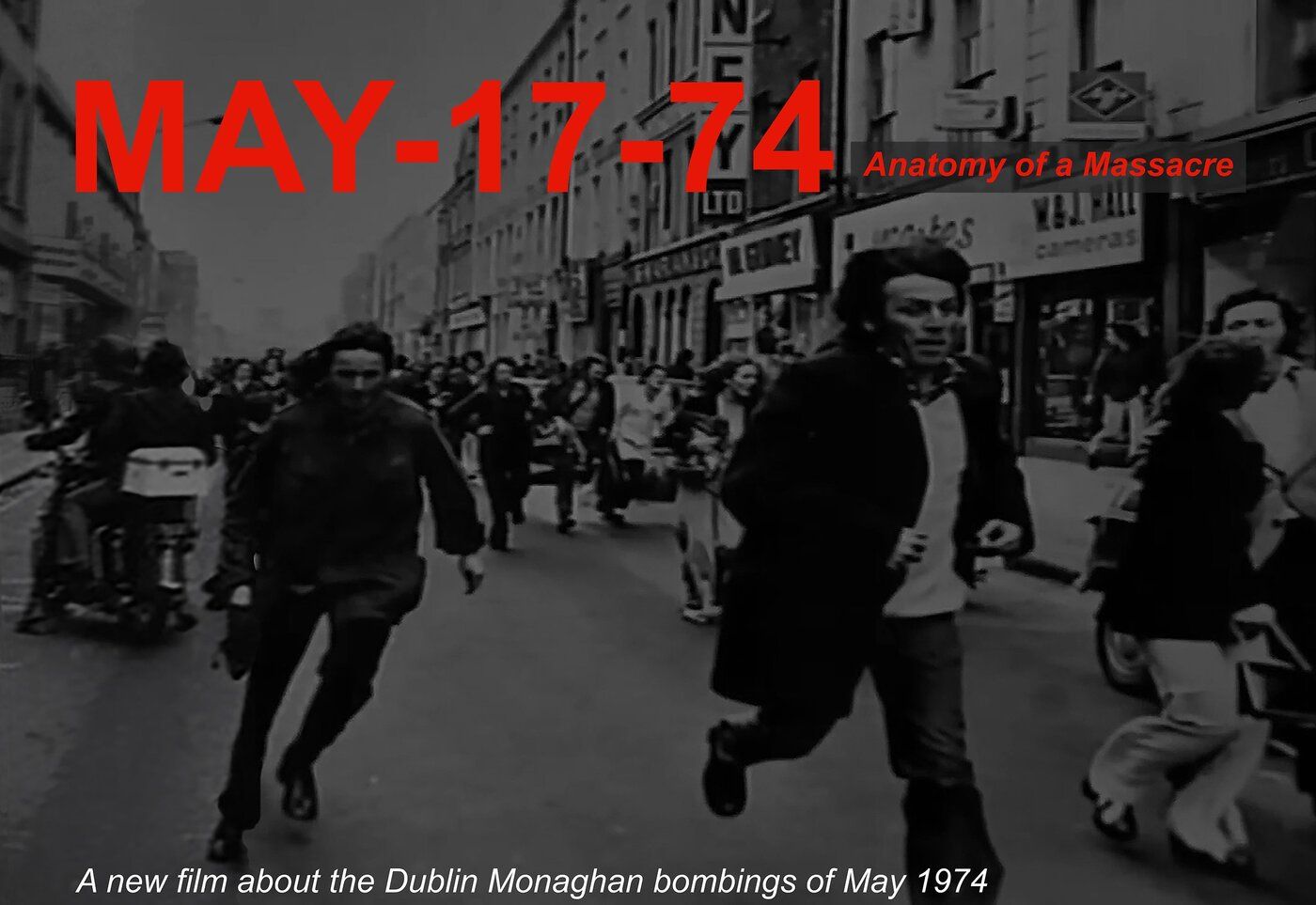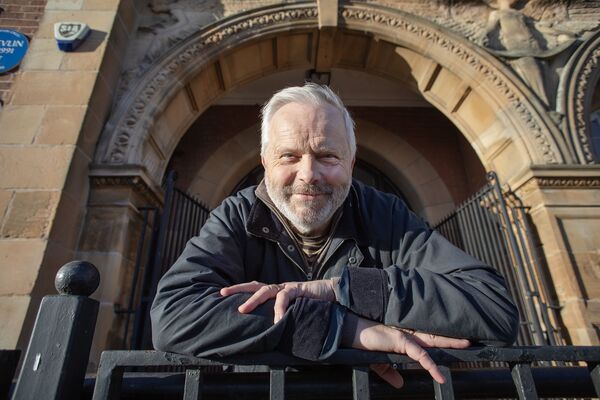A POWERFUL new documentary about the Dublin Monaghan Bombings of May 1974 will be screened this Thursday at the QFT in Belfast.
May-17-1974: Anatomy of a Massacre is directed by Joe Lee and produced by Fergus Dowd. The award-winning filmmakers will take part in a Q&A after the screening, along with relatives of some of those who died.
On the 17th May 1974 three no-warning car bombs detonated in Dublin city centre within three minutes of each other killing 27 people including an unborn baby, a French citizen and an Italian citizen and injuring 258 people.
Later that evening a no-warning car bomb in Monaghan Town killed five more innocent people with two more dying from their injuries in the following weeks. In total 34 people died that summer's day. The Dublin Monaghan Bombings resulted in the greatest loss of life in any single day of the Troubles.
The film begins with iconic sporting and music imagery from the time, along with TV news clips of events in the North. All of this is intertwined with photographs of the victims. From the start the relatives tell the personal stories about the lives of their loved ones who perished. Those who survived recall in graphic detail the events of that day when the bombs went off.
"There was a young baby, she was like a rag doll. She was all torn to pieces," said an eye witness in the immediate aftermath of the first bomb in Dublin.
"I remember the priest gave me absolution," said survivor Derek Byrne, looking back, "and getting into the ambulance and there were four or five people in the ambulance."
Then there was another bomb and people ran for their lives.
Irish Times photographer Tom Lawlor recalled: "The first image I saw were the people in Talbot Street running out, running past me, a young man struggling to turn his scooter, there was young fellas holding onto their girlfriends. I went through the crowd and saw this mayhem in front of me."
And then a third bomb.
My review of the new documentary about the Dublin-Monaghan bombings in May, 1974. A powerful film which highlights the need for justice and truth for the victims – https://t.co/n9pnZnuWYp - @mandy_mcauley @AllisonMorris1 @WAVETrauma @adavies4 pic.twitter.com/63J8440xua
— Brian Pelan (@BrianPelan) June 10, 2024
But within ten weeks of the bombings in Dublin and later that day in Monaghan Town, the investigations into the atrocities had been closed down by the Irish state, nobody was ever charged, and it took another 32 years before inquests into the deaths of those killed were completed.
Furthermore, the Guards never knocked on the doors of the survivors or the bereaved families as part of the investigation. All the evidence was sent North after 11 days – where it was lost.
In 1993 the UVF claimed sole responsibility for the atrocities, however, the families have always believed that there was British military involvement due to the sophistication of the attack. The film concludes that if the bombings had been properly investigated then other victims of the Glenanne Gang would not have lost their lives.
Add to this that the investigative files used in the McEntee Enquiry into the bombings have been blocked by the Irish Government under the Commission of Information Act 2004 which stops the families and their legal teams from seeing them for up to 50 years.
The screening of the film takes place on Thursday at the QFT at 6.15pm.








